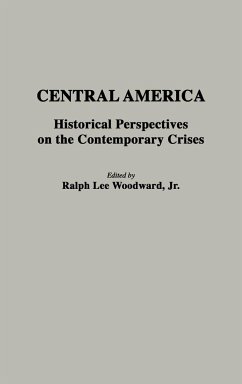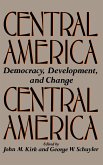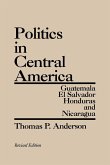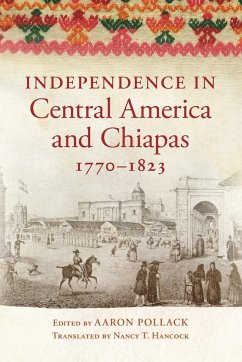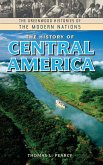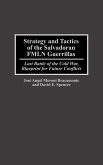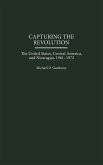A collection of essays that analyzes the historical antecedents of the current political crises in Central America. The essays provide a balanced interpretation of such themes as international power politics in Central America since the 19th century and the effects of cultural diversity and local interests in preventing the development of enduring political unity and economic integration. Latin Americanists and those interested in international politics at the upper-division undergraduate level and above will value this informative analysis of the volatile region. Choice This volume contributes to a deeper understanding of the crisis in Central America through an examination of several aspects of the region's historical development. Written by historians, anthropologists, political scientists, and a literary scholar, the essays highlight several themes central to understanding the problems faced in the region today. One is the continual role of major outside forces on development. Nearly all of the essays reflect this presence and suggest a number of distinct effects. A second common theme is the importance of native culture to the region, even though there is considerable diversity among the cultural patterns of the Central American states. Several of the essays reflect the strong class conflicts that developed between entrenched elites dating from the colonial period and the emerging middle and working classes that have begun to find organization and articulation in the twentieth century. Although most of the essays focus on individual states, collectively they reflect one of the strongest themes of Central American history and one of the most important sources of the present conflicts: the failure of the region to reunify into a strong unit following the disruption of the Central American Federation in 1840. These twelve articles suggest the complexity of Central America's historical development and that the present crises are much more than sinmple confrontations between capitalist and communist regimes. Together, they deepen our understanding of those complexities and the powerful strains modernization has placed on traditional Central American life. Because of the diverse backgrounds of the contributors and the importance of Central America to U.S. foreign policy, scholars, students, and the general public alike will find this volume valuable reading.
Hinweis: Dieser Artikel kann nur an eine deutsche Lieferadresse ausgeliefert werden.
Hinweis: Dieser Artikel kann nur an eine deutsche Lieferadresse ausgeliefert werden.

